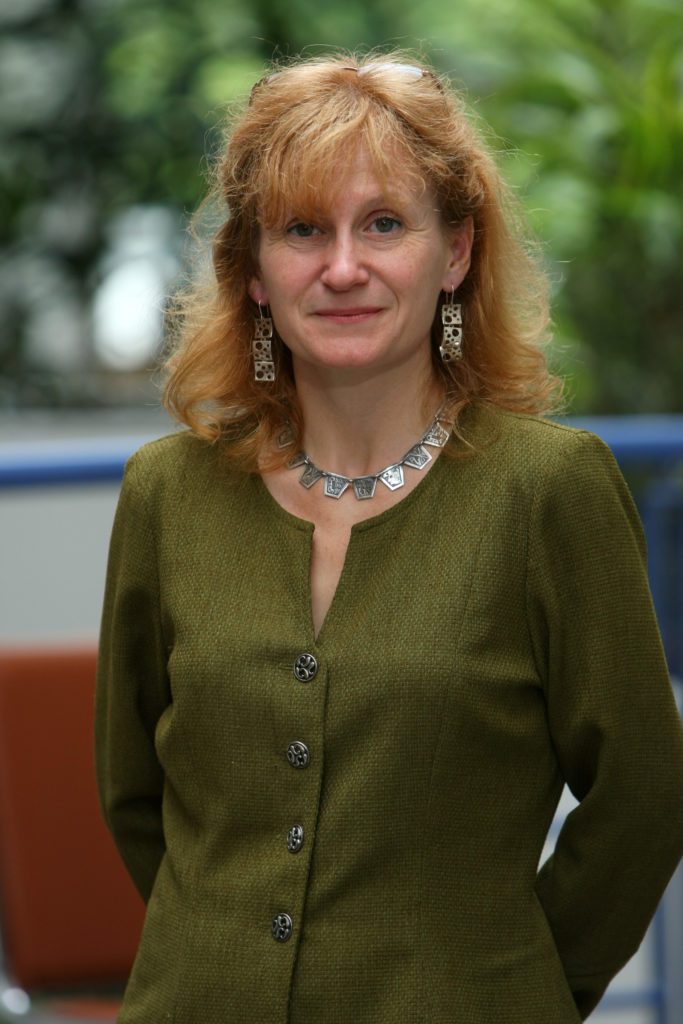Constance MacIntosh
March 27, 2014
Associate Professor Constance MacIntosh is currently the Director of Dalhousie’s Health Law Institute, and was the leader of the Policing, Justice and Security domain for the Atlantic Metropolis Centre of Excellence. She has been a faculty member with the Schulich School of Law, Dalhousie University, since 2002 and is cross-appointed to Dalhousie’s School of Resource and Environmental Management. Prior to joining the law school, she was an Associate Lawyer from 2000-2002 at Mandell Pinder, a boutique firm that specializes in First Nation rights and resource management. From 1999 to 2000 she articled at Faskens after receiving her LLB from Osgoode Hall Law School where she was the Class Gold Medalist in 1999. Professor MacIntosh also has a Master’s degree from the University of Alberta, specializing in Medical Anthropology. Much of Professor MacIntosh’s work as a legal scholar has focused on state-Aboriginal relationships, with a particular emphasis upon how jurisdictional, constitutional and political divisions have affected initiatives to improve the standard of health experienced by Indigenous peoples. A central focus in her work has been initiatives to address the continuing water quality issues experienced by many reserve communities. She has published on a wide range of issues regarding Indigenous health and law and policy, including biocontaminants and the challenges of addressing extra-jurisdictional based threats to health and culture, as well as the strengths of using relational theory to understand Indigenous health. Her work on the intersection on law and policy with the health of Indigenous peoples is featured in numerous peer reviewed publications, and leading health law and policy textbooks.
Professor MacIntosh was honoured as a recipient in the last round of the Law Commission of Canada’s Legal Dimensions Initiatives Awards, for work on remedying social and economic inequalities within Aboriginal communities. She recently received the Dalhousie Law Students’ Society and Alumni Excellence in Teaching Award, and regularly delivers judicial education workshops on Aboriginal legal issues.
